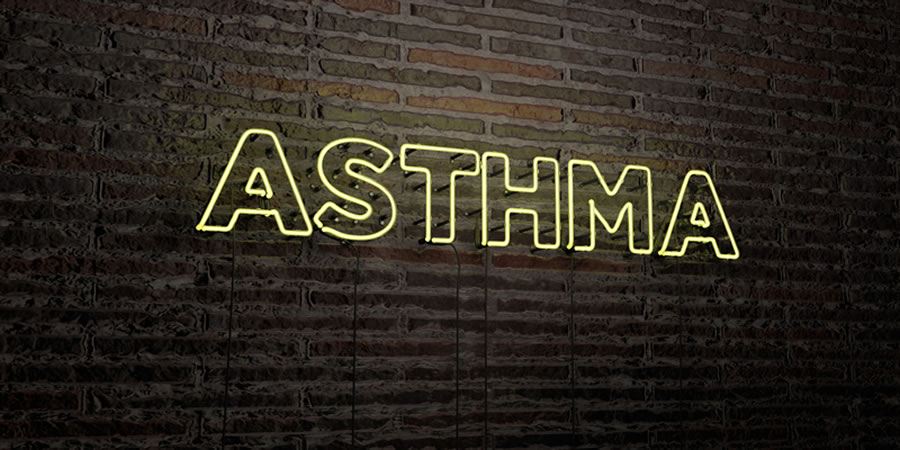By
Ira Meister,
President and CEO,
Matthew Adam Properties, Inc.
Add this to the growing list of forms, regulations and paperwork required of residential buildings in New York. It’s Local Law 55 passed in 2018, which requires annual reports about the presence of molds, pests and other allergens that cause or exacerbate asthma.
The law (The Asthma-Free Housing Act) became effective in January 2019, but the onslaught of the Covid pandemic in 2020 halted the required inspections. Now, the city is back to total enforcement. During Covid, residents were asked to notify the landlord and the city if mold existed in their units or public areas. Inspections were deferred in all but the most serious cases and the city distributed information on remediating the problems while maintaining social distancing. Taking photos of problem areas was recommended as well as tips on cleaning many of the areas using non-chemical treatments.
The law sets out rules and procedures for buildings of three units and more to keep apartments and public areas free of indoor allergen hazards, mainly molds and pests. The law is specifically aimed at molds, rodents and cockroaches.
These procedures include investigating and remediating the allergen hazards and fixing building conditions that may cause or contribute to the growth of molds or pests. Local Law 55 requires visual inspections of all readily accessible areas along with moisture, temperature and infrared camera readings looking for mold, pests and defects such as leaks, moisture and entry points for pests. The reports are required to be filed with the department of Housing, Preservation and Development (HPD).
The law details five primary requirements:
- Vacant units must be cleared of all visible mold and pest infestations prior to re-occupancy.
- Mandatory annual inspections of all units; buildings must conduct additional inspections in response to resident complaints and violations.
- Buildings must provide an annual notice and Local Law 55 fact sheet to all residents.
- A state-licensed mold assessor and remediator is required if there are 10-plus square feet of mold in a building with more than 10 units.
- Integrated Pest Management (IPM) practices must be used.
Integrated Pest Management is a best management system that downgrades the role of chemical pesticides that do not get to the base of the problem. IPM is a safer and more effective system that targets and fixes the underlying causes of pest problems, improves building conditions, and saves time and money long term.
Implementing an IPM plan can improve indoor air quality, prevent pest-related damage to building systems, and provide long-term pest control. Specifically, the IPM procedures include inspecting and removing pest nests, waste and debris; eliminating sources of water that attract pests by repairing drains, faucets and other plumbing; and repairing cracks and sealing entry points for pests.
While this column focuses on its implementation in urban areas, IPM is also employed in farm and rural communities to reduce the use of chemical pesticides.
With dangerous toxins and spores floating in air, safe work practices are required during inspection and cleanup including correcting underlying defects and using properly covered vacuum tools and non-chemical cleaning agents for clean-up.
Managing agents, boards and landlords are required to provide information to residents about Local Law 55 and what they can do to maintain a healthy environment. A fact sheet prepared by HPD advises steps for tenants including, keeping homes clean and dry, safely handling food and garbage, and reporting pests, leaks or holes cracks in the wall and floors. They are encouraged to call 311 if the remediation is not done promptly or poorly.
For lease renewals or owner transfers, residents should receive a copy of the Department of Health’s fact sheet as well as a notice identifying both building and resident responsibilities.
Buildings are required to correct any violations within a certain time period. Failure to do so can lead to fines from $10 to $125/day to a maximum of $10,000.
Ira Meister
President and CEO
Matthew Adam Properties, Inc.
375 Pearl Street – 14th Floor
New York, NY 10038
212-699-8900
imeister@matthewadam.com


